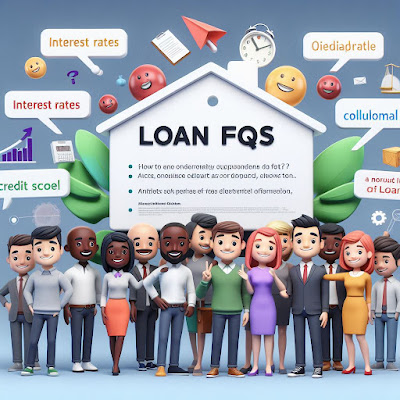Student Loan Repayment Strategies
* Private Student Loans
* Consolidation Loans
B. Interest Rates and Terms
2. Loan Repayment Periods
3. Deferment and Forbearance Options
C. Loan Forgiveness Programs
2. Teacher Loan Clemency
3. Revenue-Driven Reimbursement Plans
II. Creating a Repayment Plan
A. Budgeting for Loan Payments
2. Evaluating Repayment Options
3. Setting Realistic Goals
B. Choosing the Right Repayment Plan
2. Graduated Repayment Plan
3. Revenue-Driven Repayment Strategies
C. Strategies for Paying Off Loans Faster
2. Setting Up Automatic Payments
3. Applying Tax Refunds or Bonuses to Loan
Payments
III. Managing Loan Debt Wisely
A. Avoiding Default
2. Options for Getting Back on Track
3. Seeking Assistance from Loan Servicers
B. Refinancing and Consolidation
2. Applying for Loan Alliance
3. Comparing Interest Rates and Terms
C. Building Credit While Repaying Loans
2. Monitoring Your Credit Score
3. Using Credit Responsibly
IV. Financial Planning for Long-Term Victory
A. Setting Financial Goals
2. Saving for Retirement
3. Investing in Your Future
B. Seeking Financial Advice
2. Joining Financial Literacy Plans
3. Utilizing Online Resources for Money
Management
C. Maintaining a Healthy Financial Lifestyle
2. Tracking Expenses and Budgeting
3. Prioritizing Loan Payments in Your Financial
Plan
Summary
FAQs
2. How can I be appropriate for loan forgiveness
programs?
3. Is it possible to exchange with loan contractors
for lower interest rates?
Remember, managing student loan repayment is a voyage,
not a sprint. By subsequent these steps and seeking help when needed, you can
navigate through the difficulties of loan repayment with confidence and comfort.
Stroke of luck on your path to financial freedom!










0 Comments